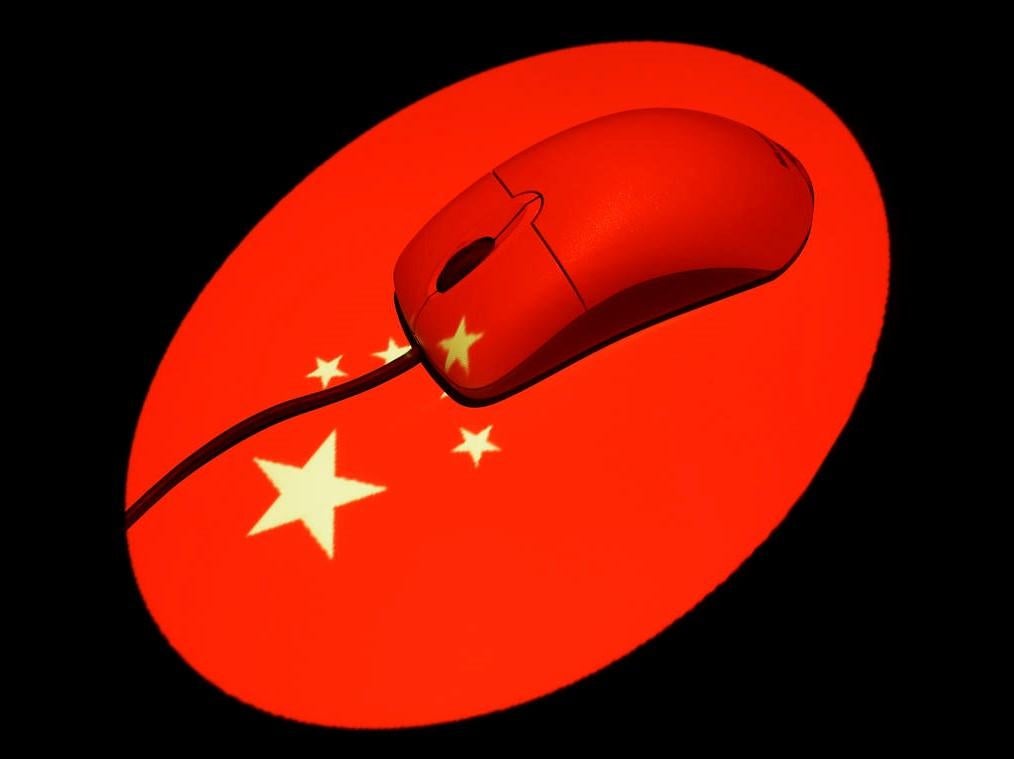China orders all foreign computers to be removed from state offices
Google, Intel and Microsoft all caught up in ban

China has told government offices and state-run institutions to get rid of all foreign computers and software in the next three years.
The move follows a similar ban in the US, where the Trump administration blocked US companies from business dealings with Chinese technology giant Huawei.
The initiative, first reported by the Financial Times, will further enforce technological divisions between the world’s two largest economies.
US officials have previously cited security concerns for justifying limits on business with Huawei, though claims that secret backdoors built into Huawei products to allow China to spy on users have never been proven.
The latest order from the ruling Communist Party of China came earlier this year, according to sources working for cyber security firms, potentially in retaliation to the Huawei ban.
Up to 30 million pieces of computer hardware will need replacing in China by 2022 as part of the directive, which encompasses any machine built with Intel and Qualcomm chips.
Chinese reliance on foreign software is also significant, with many platforms and applications developed to run on Windows and Android operating systems – built by US tech firms Microsoft and Google.
Computer users in China are already unable to access many US-made platforms from within the country due to the so-called Great Firewall of China.
This means it is impossible to use websites and apps like Facebook, Google search and popular messaging services like WhatsApp.
Earlier this month, Huawei said it would sue the US Federal Communications Commission over what it claims is an “unconstitutional” action against the world’s second largest smartphone maker.
At a press conference last week, Huawei’s chief legal counsel Glen Nager said: “The order fails to give Huawei constitutionally required due process before stigmatizing it as a national security threat, such as an opportunity to confront supposed evidence and witnesses, and a fair and neutral hearing process.”
Join our commenting forum
Join thought-provoking conversations, follow other Independent readers and see their replies
Comments
Bookmark popover
Removed from bookmarks